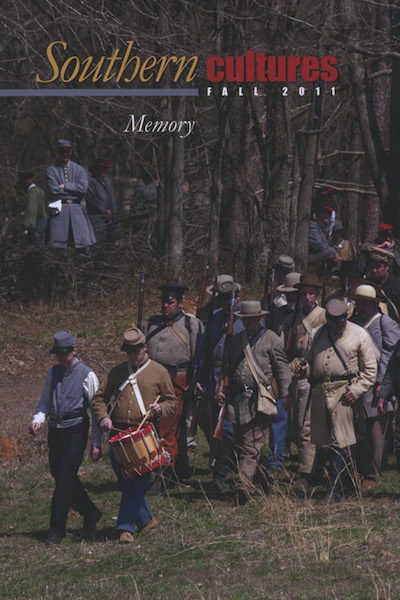“While northerners might appear comparatively apathetic about the memory of the Union cause, white southerners have been tenacious in searching for moral clarity in the past.”
Jefferson Davis sent Robert E. Lee an unusual note after the battle of Gettysburg. The dispatch did not contain any presidential recommendations or requests, only a clipped article from the Charleston Mercury criticizing Lee and his subordinates for failure in Pennsylvania. Why Davis sent this article is impossible to say, and Lee apparently was not interested in the president’s motivations. The General dismissed newspaper criticism of himself as “harmless,” but the Mercury’s condemnation of the army disturbed him. He considered the charges harmful to the cause, for his officers and soldiers were beyond reproach. Defeat, Lee insisted, was his responsibility alone. “No blame can be attached to the army for its failure to accomplish what was projected by me,” he wrote, “nor should it be censured for the unreasonable expectations of the public. I am alone to blame, in perhaps expecting too much of its prowess & valour.”


